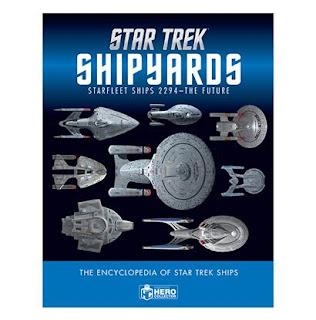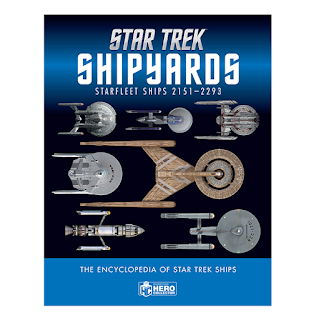Answers to Unnecessary Questions: What's your choice, Star Trek or Star Wars?
On Quora, member Thomas Tisher asks: What's your choice, Star Trek or Star Wars? My reply: That’s way too binary. I mean, seriously. Why would anyone even have to choose between the two? The two franchises have different storytelling styles, and even though they tell stories that involve space travel and strange planets, they’re not even in the same genre. Star Trek is a utopian, optimistic vision of how Gene Roddenberry and his creative airs see humanity’s future. It’s not hardcore science-fiction, partly because the franchise began as a TV show in which the tech was loosely based on scientific principles but was mostly made-up for the sake of storytelling. In addition, Star Trek allowed Roddenberry and Co. to comment about social and cultural issues (especially war, sex, the Cold War, racial equality, etc.) on television without interference by the network censors. The trick, of course, was to present stories with social commentary added to the mix under t




